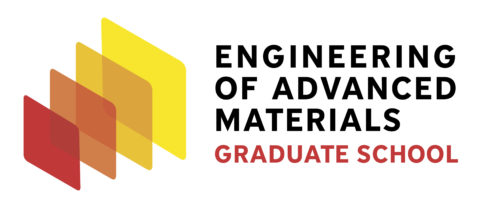DIPHER 22 ERLANGEN
DIPHER 2022 - Diversity in physics for the diversity of physics - Erlangen
The Physics Department of the FAU offers a wide range of diverse research topics: soft matter physics, physics of the universe, and physics of light and matter interaction. But the diversity of research is also reflected in the diversity of the people working and studying in the Physics Department. DIPHER 2022 connects both aspects of diversity and combines talks on physics and on gender and diversity alongside workshops and panel discussions. The invited talks will cover a broad introduction to the various research topics as well as some aspects on the speaker‘s individual experience on gender and diversity. We invite and welcome persons of all academic levels – from undergraduate students to professors - to participate in the various sessions of the conference. The overall goal of DIPHER 2022 is to raise awareness for aspects of gender and diversity in our everyday work and study life and to provide a platform for discussions and exchange across all academic levels.
DIPHER 2022 is organized by the Physics Department of the FAU, the Physics Diversity Network PHYDINE and the Max-Planck-Institute for the Science of Light (MPI). Further contributors are the TRR QuCoLiMa (Quantum Cooperativity of Light and Matter), the former Cluster Engineering of Advanced Materials, the Forschungsgruppe eRO-Step and the Elite Graduate Programme Physics Advanced.
The list of invited speakers include:
-
Gisela Anton (FAU Erlangen-Nürnberg)
-
Martina Erlemann (FU Berlin)
-
Rhoda Hawkins (The University of Sheffield, UK)
-
Lavinia Heisenberg (Uni Heidelberg/ ETH Zürich)
-
Flore Kunst (Max-Planck-Institut für die Physik des Lichts)
-
Amelia Ortiz-Gil (International Astronomical Union, University of Valencia, Spain)
-
Maria Rentetzi (FAU Erlangen-Nürnberg)
-
Annette Scheunpflug (University of Bamberg)
-
Kheya Sengupta (CNRS Institut de physique (INP), Marseille, France)
-
Jessica Wade (Imperial College, London, UK)
Local Organizing Committee:
Shada Abuhattum (MPL)
Laura Bláquez Martinéz (MPL)
Max Joseph Fahn (FAU)
Angela Fösel (FAU)
Kristina Giesel (FAU)
Ira Jung-Richardt (FAU)
Sabine Maier (FAU)
Gesine Murphy (MPL)
Manami Sasaki (FAU)
Kai Phillip Schmidt (FAU)
Ana-Sucana Smith (FAU)
Sandra Zech (FAU)







